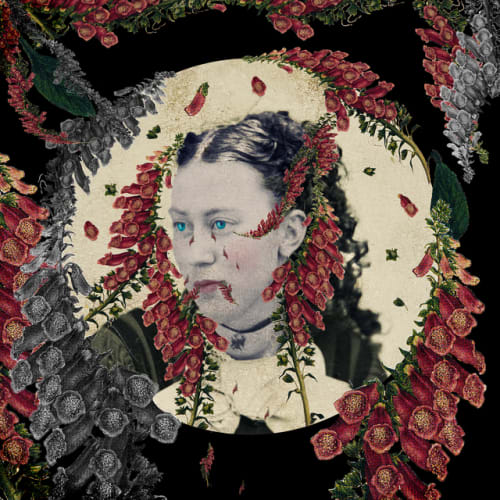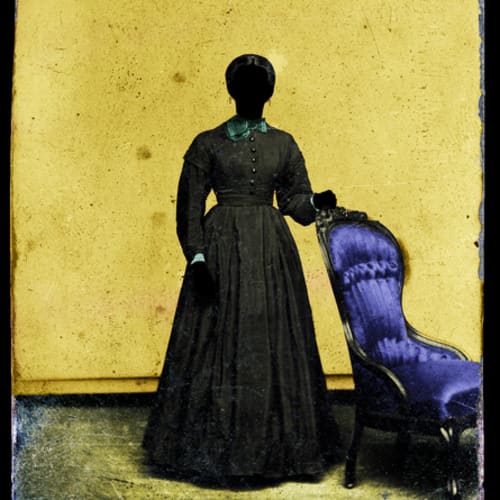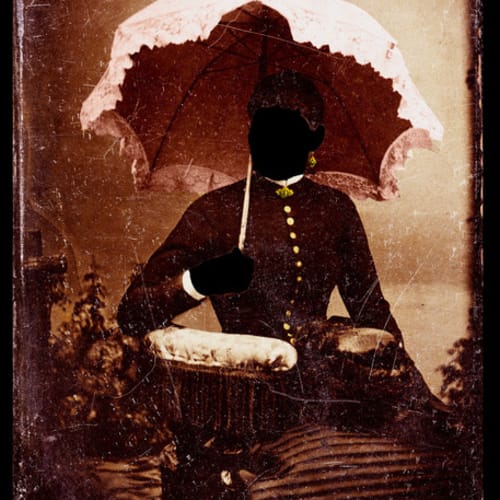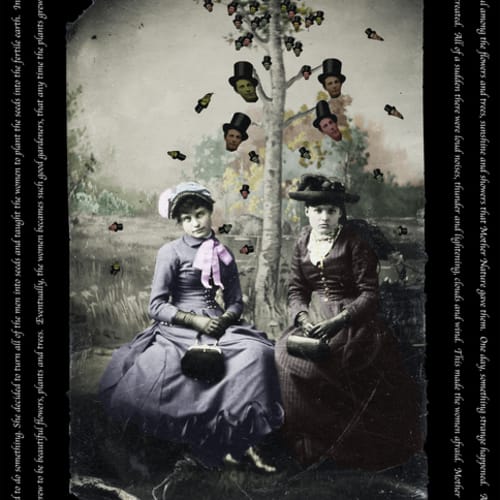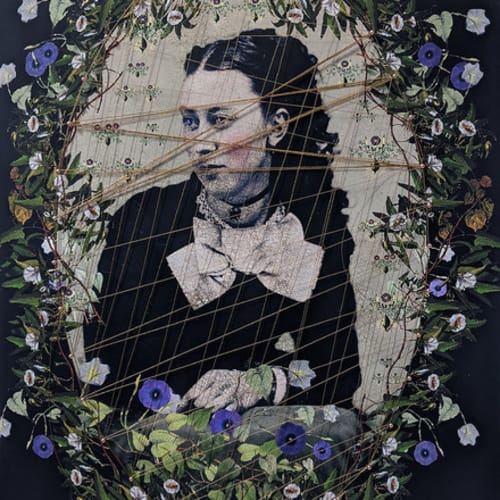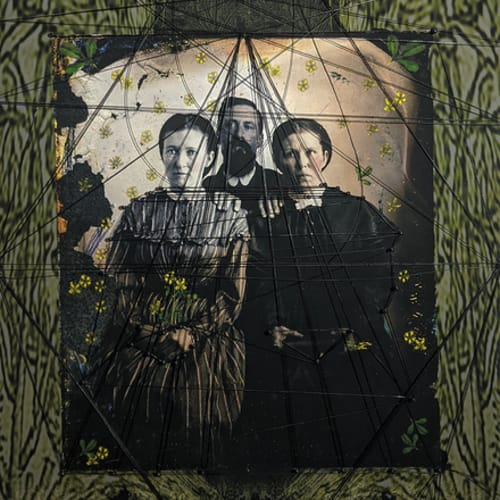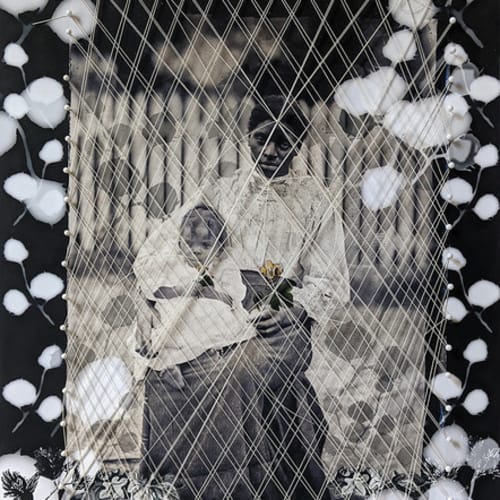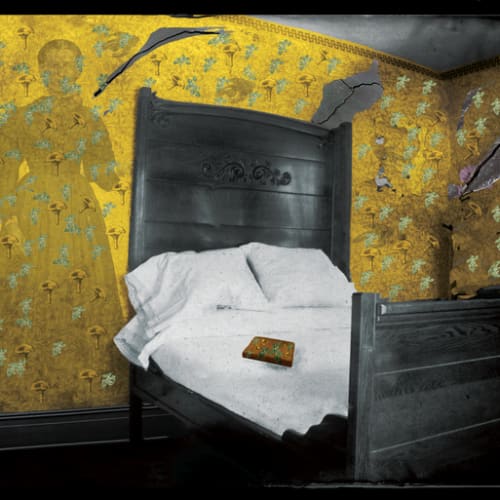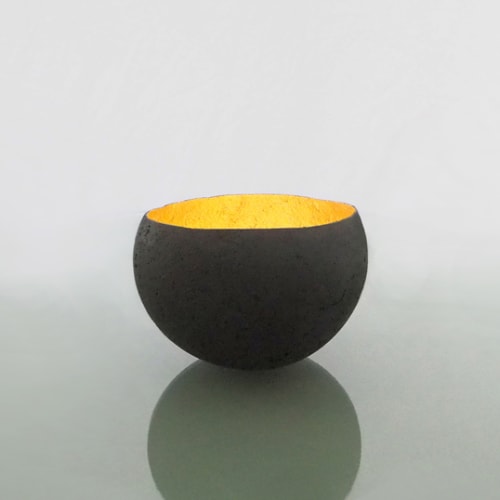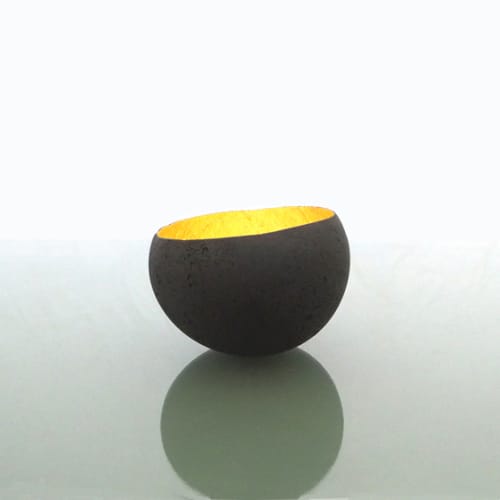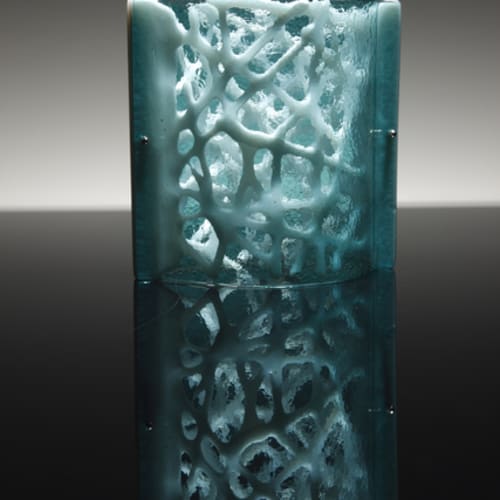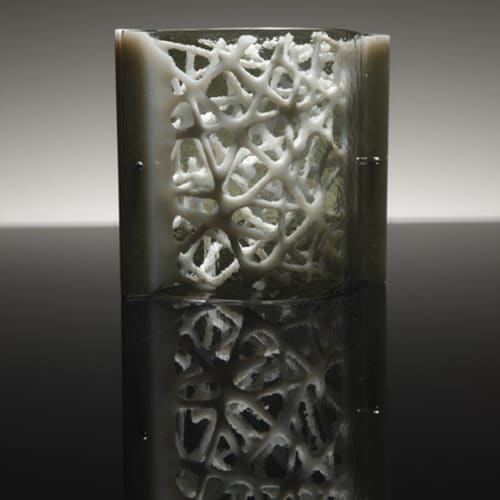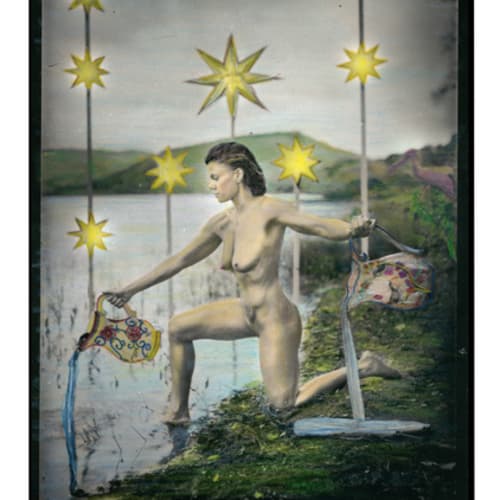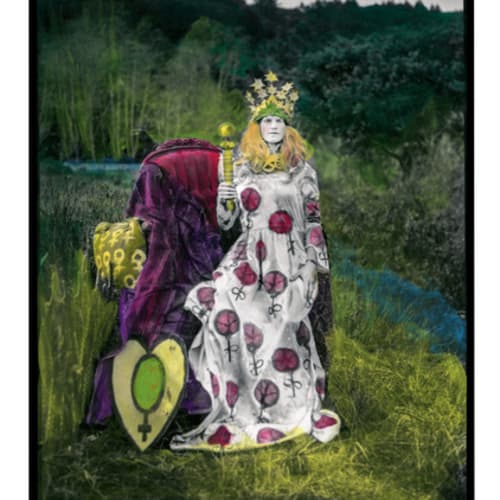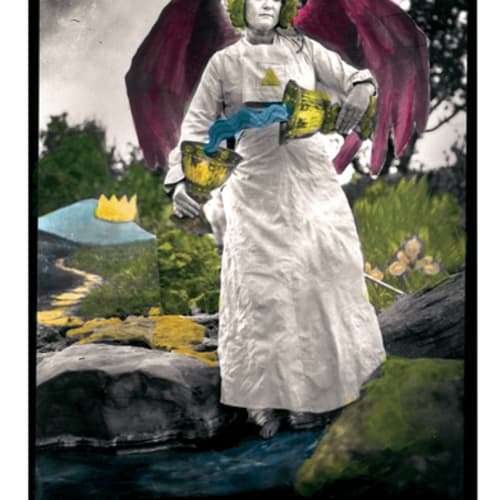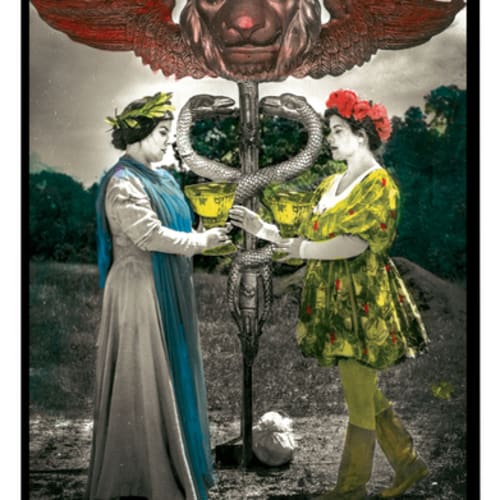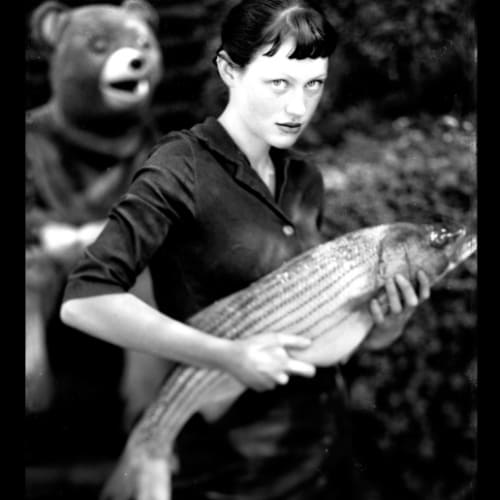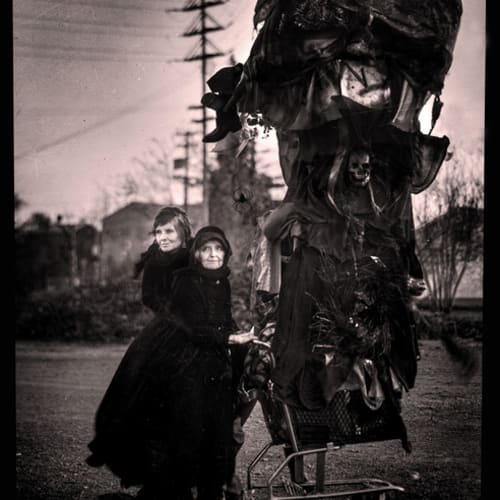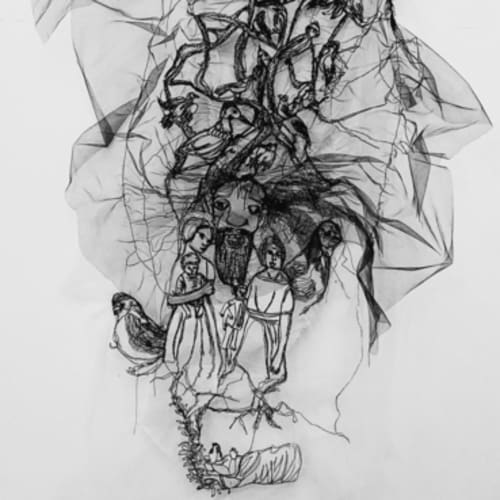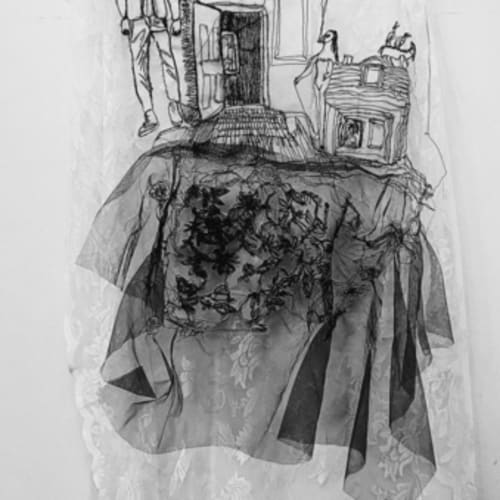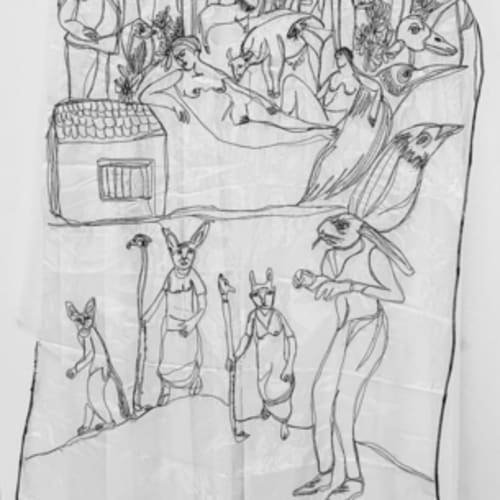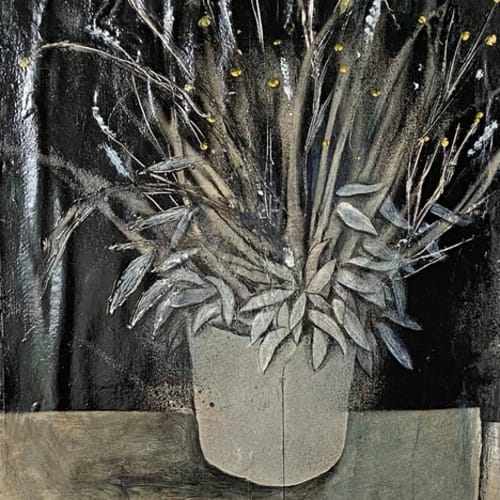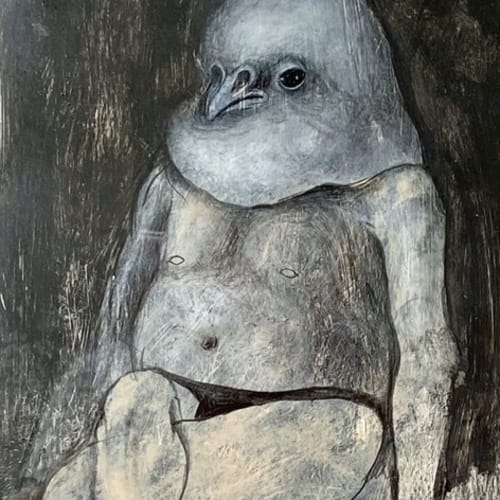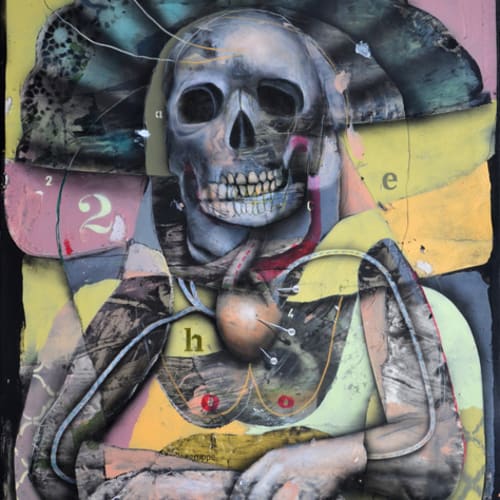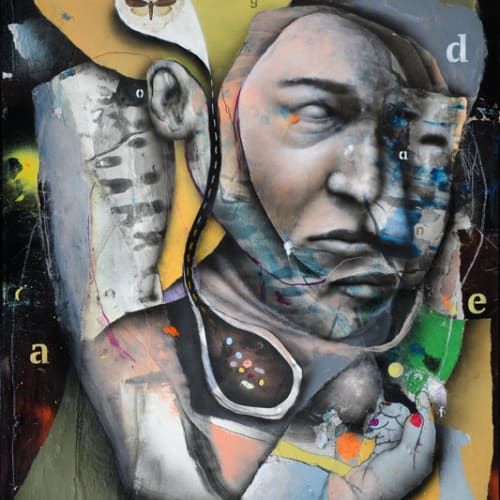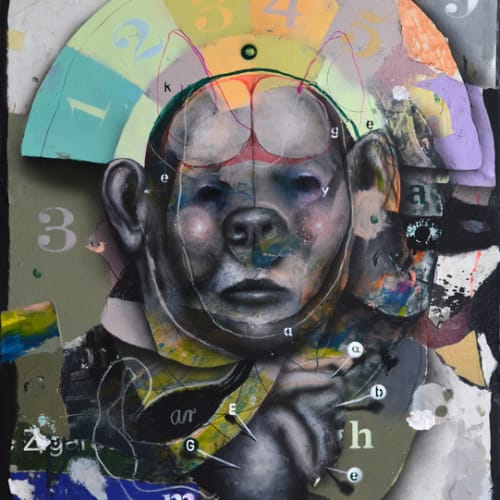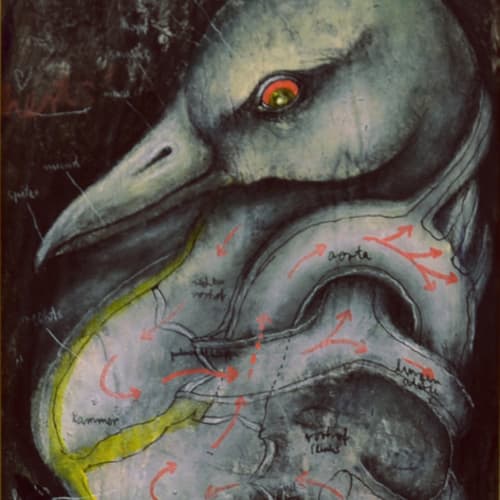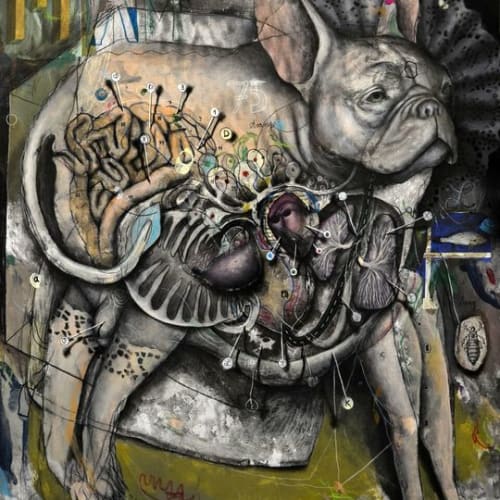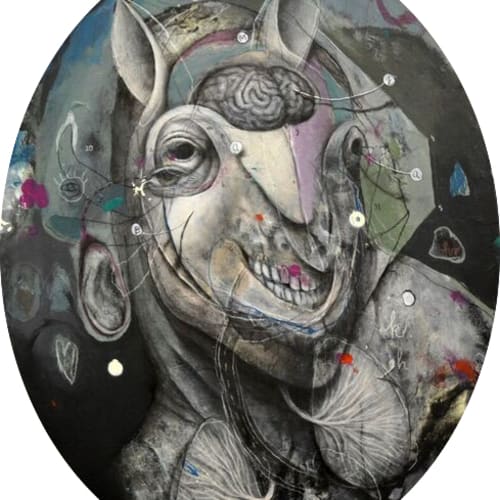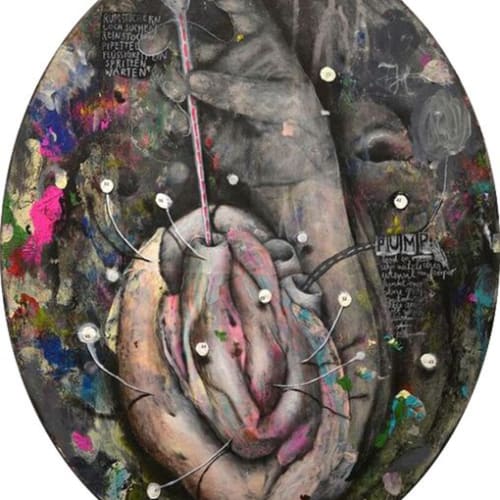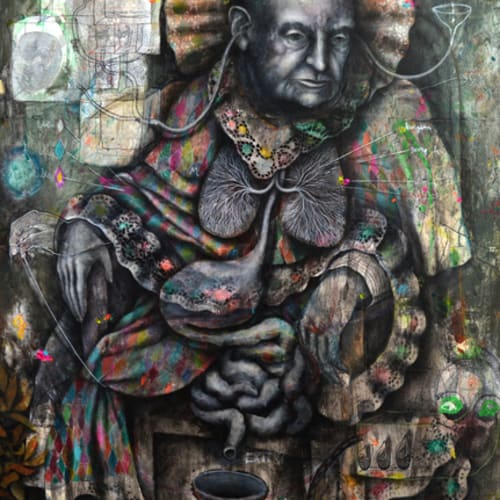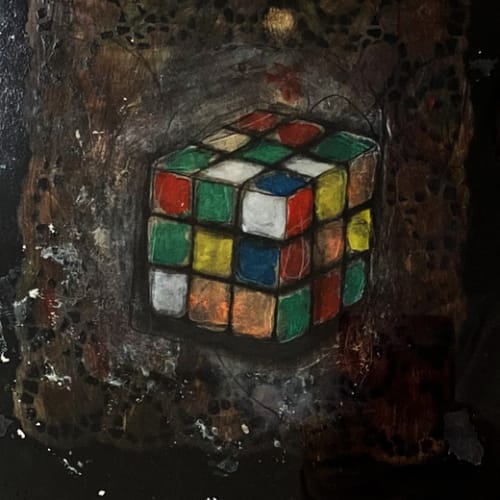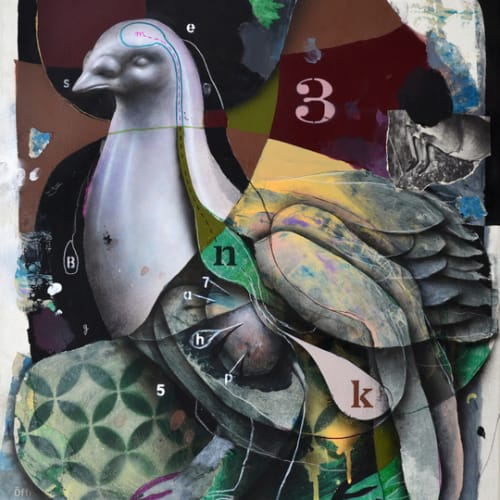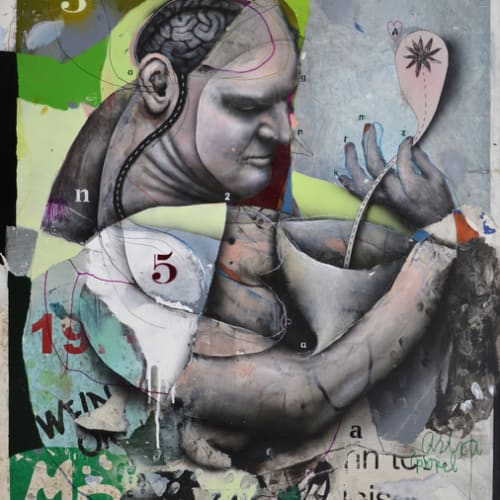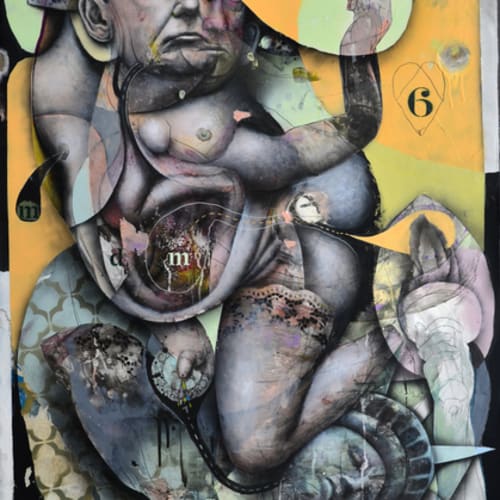The Contemporary Art Modern Project is pleased to announce our participation in this year’s SPRING/BREAK Art Show opening September 8, 2021 with artists: Aurora Molina, Leslie Sheryll, Tracy Nicholls, Dominik Schmitt and Michael Garlington and Natalia Bertotti.
Responding to the notion of Heresy: Hearsay, one needs to look to Shakespeare’s Hamlet—a play seeping with innuendo, suspicion and mistrust—and understand that there are many layers to the ever-present possibility of darkness in the individual. Hamlet tells Horatio, “There are more things in Heaven and earth.../Than are dreamt of in your philosophy” (I.V.166-67), bringing focus to the sinister battle between logic and emotion while dwelling within the Great Chain of Being, which places man on a hierarchy not too distant to God. Thus, inflating man’s importance and reducing it in tandem, as the natural world is just one rung below man. Added to this is the idea of the human condition, in that our mortality has always been a certainty, but also that which we strive to ensure. It is through the need for survival that rank and status, class, and race come into play—those at the highest positions have the most, prolonging their survival, while those at the bottom have the least, ensuring their demise.
The events of 2020 brought all of this to the foreground, a reality that many of us had hoped was not still the practice; the serfs of the Middle Ages remain and have been cemented into society through constructions of class and race. It is safe to say that despite hoping for the opposite, society remains subconsciously aware of rampant inequality in housing and job markets; who is on the receiving end of police brutality; healthcare equity—what hasn’t always been as obvious was the idea that we could all witness viscerally and shake our heads in dismay, all the while absolving ourselves from a collective inaction that lead to riots, deaths, children being separated from parents, and more. All to the end of, ultimately, absolving us all from a collective culpability of inaction.
Society has been guided, willingly or otherwise, by leaders and extremists that have turned our nightmares into playgrounds of misinformation and superstition, and entwined survival and politics. This is sadly reminiscent of events in the Dark and Middle Ages, where then, at least, one can argue that they did not have the knowledge, nor the scientific understanding, that we have in this new and current century. Whether it can be contextualized as a mirror or a foreshadowing of the present moment, riots were rampant, attacks on government buildings and attempted coups the norm, and even grander class disparities; uniting these separate historical experiences is the collective inaction of the everyday person.
Even currently, society is bearing witness to a bevy of misinformation in the sphere or public health—instead of welcoming advances in COVID-19 relief by way of vaccines, public dialogue is overflowing with implications of conspiracy. Masks are off; some were never worn simply because ‘my’ rights are more important than ‘yours’. We are experiencing, again and again, a plague of harm wherein fear has become our new companion and trust has left the planet. All come together in an evocation of societies Machiavellian in composition where fear, distrust, and self-preservation rule. Choosing ignorance over reality, making emotion the ruler, and ousting logic has become the default.
The Contemporary Art Modern Project’s The Wizard’s Room looks to a coalescing of superstition and ignorance as dangerous through the creation of a space where the Wizard—the Maker of Magic, the Alchemist, the Seer—draws us into His realm with revelations as to how we can survive, how we can prosper, whom we must and mustn’t trust, and insight on how to, at last, beat the system. Each of the artists in our booth touch on the character of society through their works, subliminally or directly indicting the darkness in society they perceive, one under duress.
Beginning with Dominik Schmitt and his piece Donald Dumb: I Can’t Breathe, in particular, Schmitt comments on how an overbearing political system can and does stifle ideals set with notions of what is freedom and what he, as a German, sees symbolized by the concept of “America.” Aurora Molina takes inspiration from Hieronymus Bosch’s Garden of Earthly Delights and transforms it into a post-modern textile panel that examines the ways in which our behaviors remain consistent despite advances in our societies, which ultimately endanger our belief in our own humanity. Leslie Sheryll intentionally traces a history of systematic feminine oppression, highlighting the woman’s subversive adaptation to patriarchal control over her person and her body; this is best seen in her series, HERbarium - HER Choice, which includes visuals of particular herbs and flowers used by women to control their own reproductive system. Tracy Nicholls, a sculptor of glass, incorporates ideas of science and magic in her vessel works, glowing in gold or sinuous within the work and likening her pieces to explorations in a lab, both not so far removed from notions of magic in the Dark Ages. Lastly, Michael Garlington and Natalia Bertotti present the viewer with conjurings of the Tarot, reminding one of the prevalence of superstition and the human dependency on it, seemingly more apparent in our post-Enlightenment, post-industrial world.
There really is more to this world, our societies, than either Horatio or Hamlet could ever imagine. The most disturbing of factors is not that the element of excess, but the heightened sense of individualism: as long as things don’t affect me personally, I don’t need to do act. The Wizard’s Room, collectively, cautions us against apathy and inaction, with the room serving a microcosm of what we all inhabit—knowingly or not.
